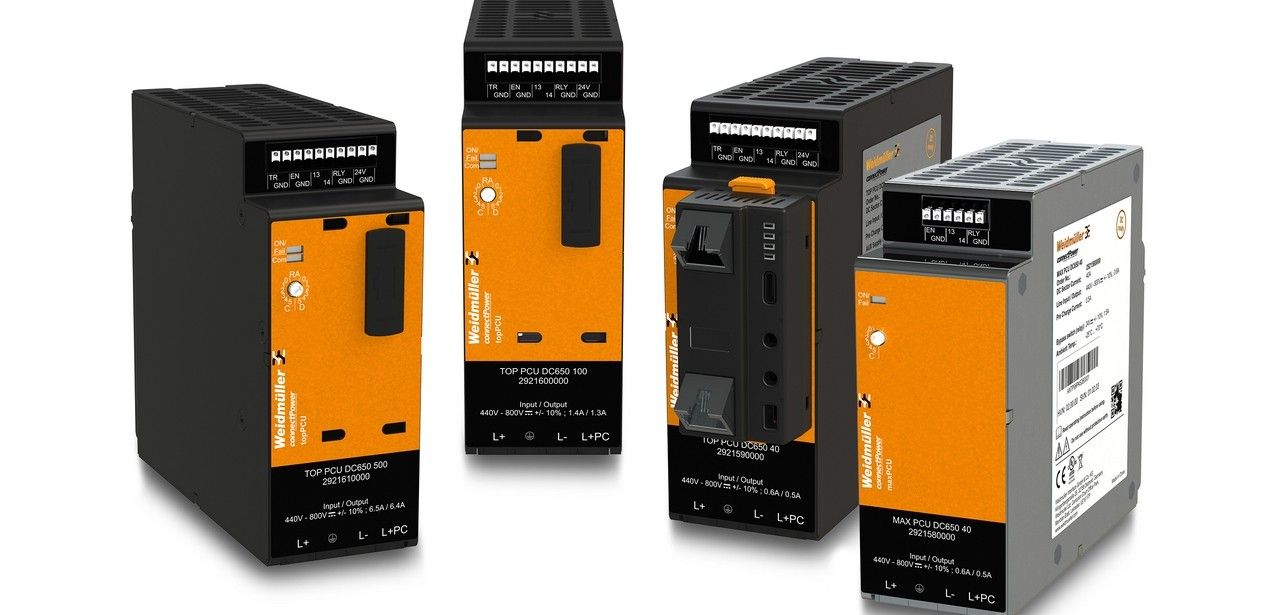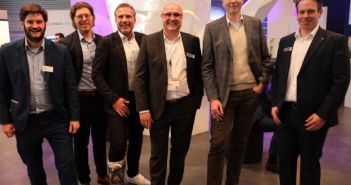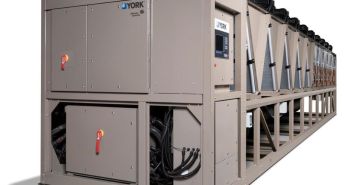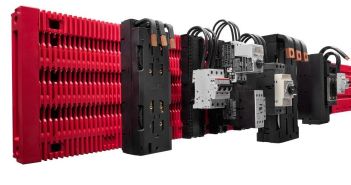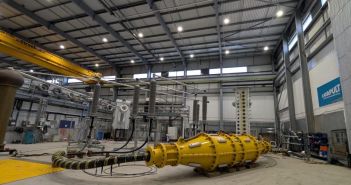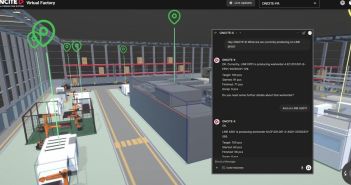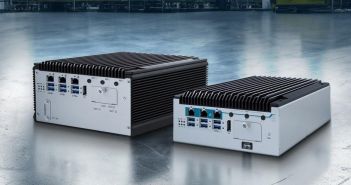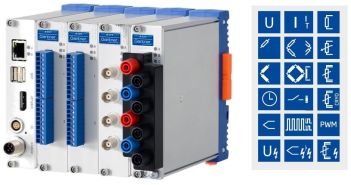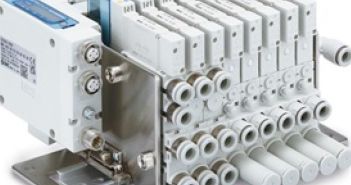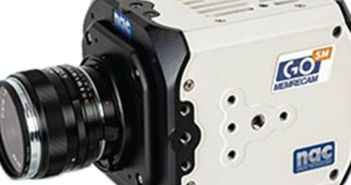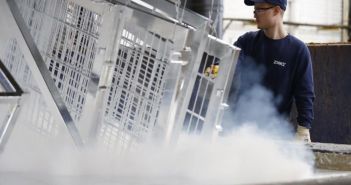DC-Microgrids offer significant potential for reducing energy consumption in the industry. By directly supplying industrial equipment with direct current (DC) instead of alternating current (AC), the need for energy-consuming rectifiers can be eliminated. This results in a more efficient and stable energy supply. Centralized energy converter systems further enhance efficiency by reducing energy losses by up to ten percent. This technology allows for a more sustainable and environmentally friendly industrial operation.
Table of Contents: What awaits you in this article
Integration of renewable energies in DC-Microgrids for sustainability and carbon reduction
The integration of renewable energies and storage systems in DC Microgrids is crucial for promoting sustainability and achieving carbon neutrality. By utilizing DC technology, energy losses can be minimized, thereby reducing CO2 emissions.
Dr. Jan Stefan Michels, Executive Vice President Cross Divisional Functions at Weidmüller, emphasizes the crucial role of DC-Microgrids in achieving climate neutrality, energy efficiency, and network quality in industrial automation. The question for Weidmüller is not whether DC technology will be implemented, but rather how quickly it can be adopted.
Weidmüller’s Vorladesteuerungen enable sequential startup of DC networks
Weidmüller has developed precharge controllers to regulate and sequentially start up DC networks. These controllers allow for the gradual startup of DC sectors and individual consumers such as drives, motors, or complex load circuits, preventing power surges during activation.
Weidmüller’s Vorladesteuerungen are available in various power variants, allowing for customization based on the required Vorladestrom for DC-Sektoren. Additionally, these controllers offer the option to integrate an additional communication module, providing enhanced flexibility. With direct adjustment of the device’s operating mode and startup delay, as well as an optional communication interface, Weidmüller’s Vorladesteuerungen offer extensive diagnostic capabilities, ensuring efficient and reliable operation in diverse applications.
Weidmüller: A Pioneer in DC Technology Development and Standardization
Weidmüller’s pioneering role in the development of DC technology is evident in their conformance to the DC-Industrie V3 system concept and their ability to seamlessly operate with other devices. The system concept, developed as part of the DC-INDUSTRIE 1+2 research projects, has already demonstrated the advantages and potential of direct current. This ongoing development and utilization is being carried out in collaboration with the ODCA and standardization bodies.
Weidmüller offers a comprehensive DC READY portfolio for industrial use
Weidmüller offers a comprehensive DC READY portfolio that includes DC-powered power supplies and DC-capable connection technology such as IP65 and IP20 connectors, terminal blocks, as well as measurement technology and testing tools. This portfolio provides a complete solution for the use of DC technology in the industry.
Efficiency and Sustainability: Benefits of DC-Microgrids in Industry
The utilization of DC-Microgrids in the industry presents significant advantages in terms of efficiency and sustainability. By directly employing direct current in industrial facilities, energy losses can be minimized, and the integration of renewable energies and storage systems can be efficiently achieved. Weidmüller’s pre-charging controllers allow for a controlled and sequential startup of DC networks, offering great flexibility and diagnostic capabilities.
Weidmüller is at the forefront of DC technology development, offering a comprehensive solution for the use of direct current in the industry. Their extensive DC READY portfolio provides a wide range of products and solutions to enable efficient and stable power supply. DC-Microgrids not only improve energy efficiency and stability but also contribute to sustainability and climate neutrality. Weidmüller’s pioneering efforts in DC technology highlight their commitment to advancing the industry’s use of direct current and promoting a greener future.


